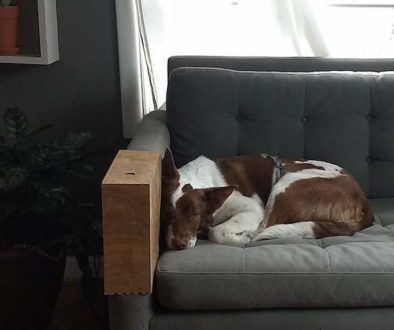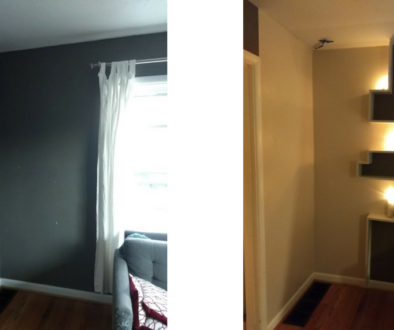The Attention Economy
If you love life, don’t waste time, because time is what life is made up of. – Bruce Lee
Time is the most precious, unrenewable asset we possess as human beings. I know this, and yet boy, can I fritter it! I can get on Facebook or reddit and scroll and scroll and scroll, and suddenly 20 minutes have passed. That’s 20 minutes of my life I’m never getting back. I can certainly justify the use of time to myself, but did I wake up with the intention of spending that much time on social media?
I’ve been thinking about this more since first listening to Note to Self’s podcast episode, “A Different Kind of Streaking,” about the attention economy. It’s something a lot of folks have been talking about for some time now, but it wasn’t real to me until I heard a podcast about it (#typical).
The digital world in which we operate is increasingly crafted with the intention of grabbing and holding our attention. In his above-referenced interview with Manoush Zomorodi, design ethicist Tristan Harris talked about the tension between a) encouraging platforms like Snapchat that maximize FOMO and succeed in gaming the attention economy, and b) exploring the ethical considerations around wasting that precious resource—time.
Cognitive dissonance abounds in conversations about design ethics and the attention economy. For example, I came along this scather on TechCrunch about how Silicon Valley is bankrupting us. Fun fact: If you click on the title link, it goes to a completely different article. Oh, the irony.
Every time I read an article or hear a story about the intentionality of tech design in ways that effectively steal our attention and time, my mind moves to how that relates to community involvement in city planning and design. How are our cities’ and regions’ planning processes valuing the time of residents whom they hope to engage? What does ethical community involvement design look like? I have many questions and few answers.
What I learned at life today: I will never use Snapchat, but how do we get past the open house as part of planning process?
P.S. One thing I’m learning in this “30 days of blog posts” challenge is that I need to pace myself with some shorter blog posts if we’re going to get out of this thing alive. Onward!



